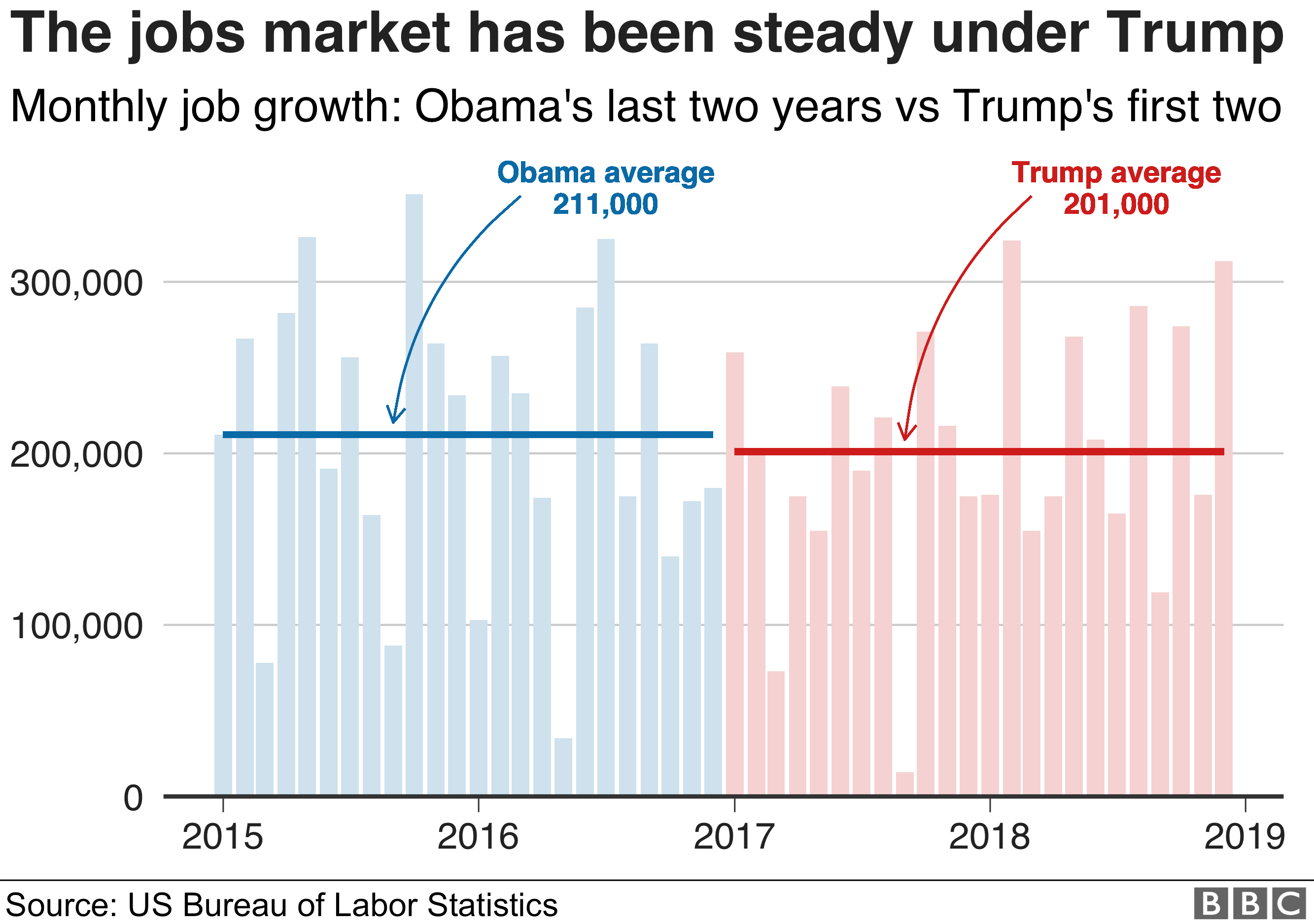Analyzing The Biden Presidency: Its Impact On The US Economy

Table of Contents
Biden's American Rescue Plan and its Economic Consequences
The American Rescue Plan (ARP), a $1.9 trillion stimulus package, was a cornerstone of Biden's early economic agenda. Its impact, however, has been a subject of intense debate.
Stimulus Spending and its Effect on Inflation
The ARP's substantial stimulus checks and increased government spending contributed to a surge in consumer demand. This, coupled with existing supply chain disruptions caused by the pandemic, fueled a significant rise in inflation. Economists disagree on the precise magnitude of the ARP's inflationary impact; some argue it was a primary driver, while others point to global factors as more significant contributors.
- Increased consumer spending fueled by stimulus checks: Data shows a clear correlation between the disbursement of stimulus payments and a subsequent increase in consumer spending, particularly on goods and services that were in short supply.
- Supply chain disruptions exacerbated inflationary pressures: Existing bottlenecks in global supply chains amplified the inflationary effects of increased demand, leading to shortages and higher prices.
- Debate surrounding the effectiveness of the stimulus in mitigating the pandemic's economic fallout: While the ARP undoubtedly provided crucial short-term relief to many households and businesses, debate continues on whether its size and design were optimal for mitigating the pandemic's long-term economic effects without triggering significant inflation. Inflation rates rose from 1.4% in February 2021 to 7% by December 2021, a period encompassing the ARP's implementation.
Job Growth Under Biden's Administration
Job growth under Biden's administration has been substantial, though the extent to which it can be directly attributed to specific policies is complex.
- Sector-specific job growth analysis: The recovery has seen strong growth in sectors like leisure and hospitality, reflecting the reopening of the economy. However, other sectors, like manufacturing, have shown more moderate gains.
- Unemployment rates and their trends: Unemployment rates have fallen significantly since Biden took office, though it's important to note that this is partly a continuation of a trend that started before his presidency.
- Impact of the administration's workforce development initiatives: Government initiatives aimed at workforce development and training have played a role in supporting job growth, particularly in emerging sectors. The overall job growth reflects a complex interplay of economic recovery, policy interventions, and broader global economic conditions.
Infrastructure Investment and Long-Term Economic Growth
Biden's Bipartisan Infrastructure Law represents a significant investment in the nation's infrastructure. Its projected impact on long-term economic growth is considerable.
The Bipartisan Infrastructure Law and its Projected Impact
This $1 trillion investment targets roads, bridges, public transit, broadband internet, and the electric grid.
- Examples of infrastructure projects underway or planned: Numerous projects are underway across the country, ranging from highway improvements to upgrades to water and sewer systems.
- Analysis of potential economic multipliers: The law is expected to create numerous jobs directly and indirectly through related industries, generating significant economic activity.
- Discussion of potential challenges in implementing the infrastructure plan: Challenges include project delays, supply chain issues, and securing a skilled workforce to execute these projects. The long-term economic benefits are predicated on the successful and timely execution of these infrastructural initiatives.
The Impact of Biden's Policies on Income Inequality
Biden's economic policies have aimed to address income inequality through tax reforms and social spending programs.
Tax Policies and their Redistributive Effects
Changes in tax policy under Biden, such as increased corporate tax rates and expanded tax credits for low and middle-income families, aim to redistribute wealth and reduce income inequality.
- Changes in corporate tax rates: The corporate tax rate increase from 21% to 28% is intended to generate revenue and potentially reduce the advantage of corporations over individuals.
- Changes in individual income tax rates: While no major changes to individual income tax brackets have been made, tax credits designed to benefit low and middle-income households are intended to mitigate income inequality.
- Impact on the wealth gap: The long-term impact of these policies on the wealth gap remains to be seen. It is a long-term process requiring careful analysis and monitoring.
Biden's Economic Policies and the National Debt
The national debt has continued to grow under Biden's presidency, a trend influenced by multiple factors.
Analysis of the National Debt Trajectory
Government spending, including the ARP and infrastructure investments, has contributed to the rise in the national debt.
- Government spending levels: Increased government spending across various areas, including social programs and infrastructure, have played a significant role in the growth of the national debt.
- Tax revenue collection: While tax revenue has increased, it has not kept pace with the growth in government spending.
- Long-term projections for the national debt: The trajectory of the national debt will depend on future economic growth, spending decisions, and tax policies.
Conclusion
This analysis of Biden's economic policies reveals a complex picture. The American Rescue Plan provided crucial short-term relief but contributed to inflationary pressures. Infrastructure investments hold significant promise for long-term growth. The administration's approach to income inequality and the national debt will continue to shape the economic landscape. Further research and ongoing monitoring are crucial to fully understand the long-term effects of Biden's economic policies. For more in-depth analysis on Biden's economic policies and their continuing impact, continue your research using relevant keywords like "Biden's economic impact," "Biden's fiscal policy," and "Biden's infrastructure plan."

Featured Posts
-
 Miss Pacific Islands 2025 A Samoan Win
May 02, 2025
Miss Pacific Islands 2025 A Samoan Win
May 02, 2025 -
 Lionesses Vs Spain Where To Watch Kick Off Time And Tv Channel Details
May 02, 2025
Lionesses Vs Spain Where To Watch Kick Off Time And Tv Channel Details
May 02, 2025 -
 Nieuw Schoolgebouw Kampen Stroomnet Aansluiting Geblokkeerd Kort Geding Gestart
May 02, 2025
Nieuw Schoolgebouw Kampen Stroomnet Aansluiting Geblokkeerd Kort Geding Gestart
May 02, 2025 -
 Planning Your Trip To This Country Tips And Advice
May 02, 2025
Planning Your Trip To This Country Tips And Advice
May 02, 2025 -
 Six Nations Rugby France Reigns Supreme Englands Victory Scotland And Ireland Struggle
May 02, 2025
Six Nations Rugby France Reigns Supreme Englands Victory Scotland And Ireland Struggle
May 02, 2025
